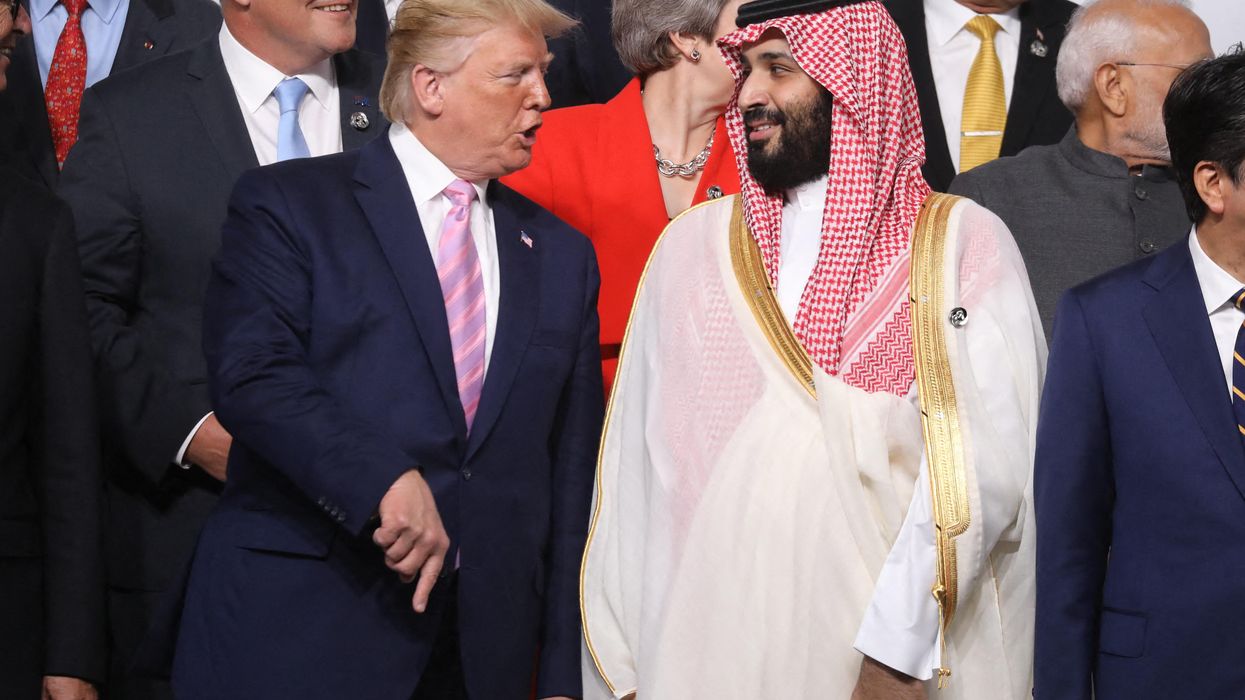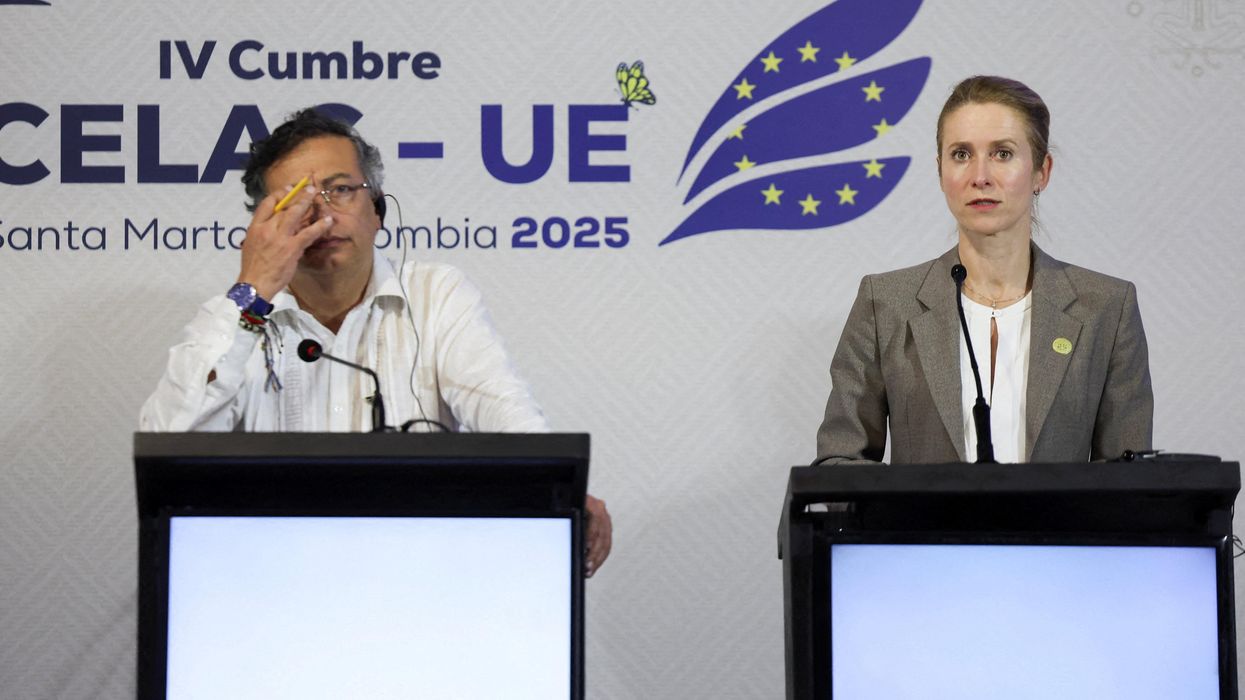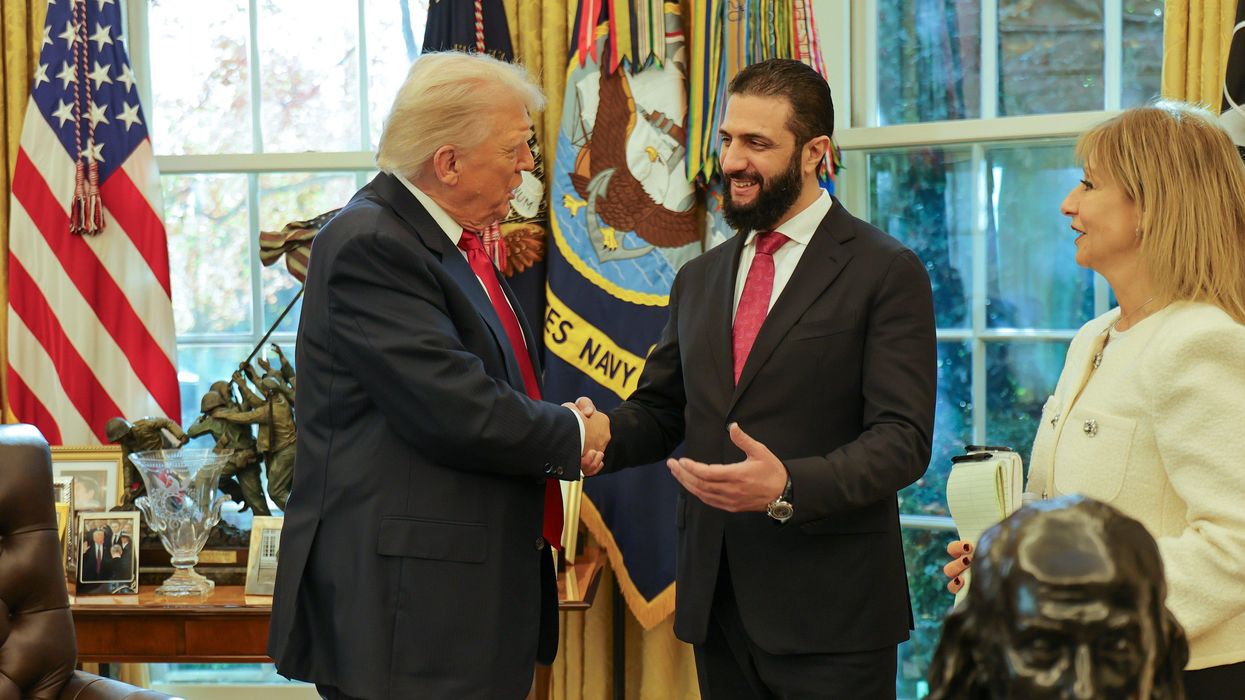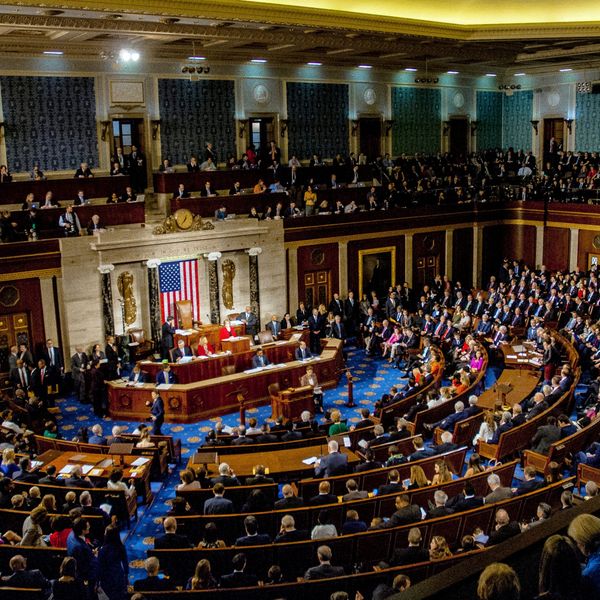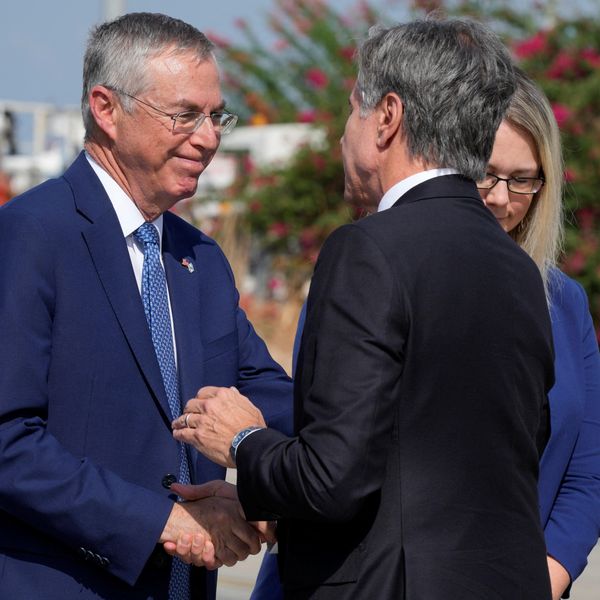The first session of the 118th Congress was one of the least productive in the body’s history. Only 22 bills were signed into law this year by the president — by far the lowest total since at least 1993, the first year for which the National Archives have data. (For comparison, the next least productive year during this timespan was in 2013, when 72 bills became law.)
Despite the slow year, members nonetheless found time to introduce an abundance of bills relating to the threat of China, which was the focus of hearings in committees ranging from Financial Services to the Judiciary committee, and of legislation concerning everything from fentanyl distribution to TikTok.
In 2023, members introduced 616 pieces of legislation that contain a variation of the word “China” — more than 3.5 for every day that Congress was in session on average. That’s already more than any two-year congressional session, except for the 117th Congress (2021-2022; 860 bills) and the 116th (2019-2020; 620 bills), according to a search of the congressional record.
One of the few “accomplishments” in Congress this year was the formation of the Select Committee on the Strategic Competition Between the United States and the Chinese Communist Party — which was almost instantly dubbed the “tough on China committee” — in January.
From that starting point, bills targeting China’s presence in economic, technological, military, and other fields were introduced. To be sure, in line with other issues, none of these bills became law. But here are the four broad types of anti-China legislation introduced in Congress in 2023.
The legislation targeting foreign purchase of land in the U.S.
Members of Congress introduced at least nine bills aimed at restricting foreign ownership of agricultural land in the United States. As RS has explained, these efforts are not always logical, even if there are some legitimate national security concerns over China or other nations buying up farmland.
Some of the proposed legislation is more targeted and looks to tackle these concerns, but others chose a broader approach. The harshest measure was introduced by Sens. Tom Cotton (R-Ark.) and Katie Britt (R-Ala.) in their “Not One More Inch or Acre Act,” which directed the president to take the actions necessary to “to prohibit the purchase of public or private real estate located in the United States by citizens and entities of the People's Republic of China.”
The bills that discourage diplomacy …
One of the clear themes to emerge from this session of Congress is that many China hawks interpret diplomacy as a sign of weakness. One example is the bill introduced by Reps. Tom Tiffany (R-Wisc.) and Lance Gooden (R-Texas) calling on Biden to take the necessary actions to close the Chinese consulate in New York City. As Cornell University professor Jessica Chen Weiss noted when the Trump administration closed a Chinese consulate in Houston over allegations of espionage, “losing the consulate does not appear to be part of a coherent strategy to deter or compel China to alter its behavior,” and could rather be interpreted as part of an effort to bolster fears of Beijing being an existential threat.
… And the ones that increase the chances of war
Rep. Andy Ogles (R-Tenn.) and five co-sponsors introduced the “Defund China’s Allies Act” to “prohibit the availability of foreign assistance to certain countries that do not recognize the sovereignty of Taiwan,” aimed at 21 countries in Central America and the Caribbean. The bill argues that the “United States efforts to condemn these countries’ willing diplomatic shift toward a genocidal government is undermined by an incomprehensible adherence to the so-called ‘One China’ policy, on terms dictated by the Chinese Communist Party,” implicitly calling for an end to the policy that has maintained peace in the Taiwan Strait for decades.
The bills that needlessly antagonize without accomplishing anything of substance
When it comes to relations with China, many members of Congress choose to “speak very loudly and carry no stick,” as Rep. Sara Jacobs (D-Calif.) explained to RS in an interview earlier this year. “The question is: how do we do things that will actually help Taiwan's security without unnecessarily escalating or antagonizing the PRC?,” she added. “Not the silly things like renaming an embassy or just saying all this stuff rhetorically. That doesn't actually help Taiwan, but does escalate the conflict with China.”
Jacobs was likely referring to the bills introduced by Sen. Marco Rubio (R-Fla.), Reps. John Curtis (R-Utah), and Chris Pappas (D-N.H.) which would have renamed the Taipei Economic and Cultural Representative Office (TECRO) in Washington, D.C. to the Taiwan Representative Office, because it “better reflects its status as Taiwan’s de facto diplomatic mission to the United States.”
That was only one of many bills that were purely symbolic and antagonizing, including one that demanded that Beijing “must be held financially liable for $16,000,000,000,000,” because of its responsibility in the outbreak of the Covid-19 pandemic and a resolution that declared China to be the biggest threat to freedom in the world.
“Whereas it is the opinion of Congress that the Chinese Communist Party is the greatest threat to freedom and to the free world,” reads the text, introduced by Rep. George Santos (R-N.Y.). “Be it Resolved by the House of Representatives (the Senate concurring), That Congress agrees that the Chinese Communist Party is the greatest threat to freedom and to the free world.” That’s the entire resolution.
This year in Congress ended appropriately for a legislature that accomplished very little of substance: The Senate went home for the holidays without reaching an agreement on major legislation that seeks to fund Ukraine, Israel, Taiwan, and address border security, despite the spending package having the support of the White House and both party’s leadership in the upper chamber.
With 2024 being an election year in which partisan politics often take up an even larger role in Washington and Congress’s two chambers still divided, the prospects for more legislation getting passed are not high. It is not realistic to expect much from Congress next year, but the overload of bills aimed at countering Beijing is one thing that is almost certain to continue.


